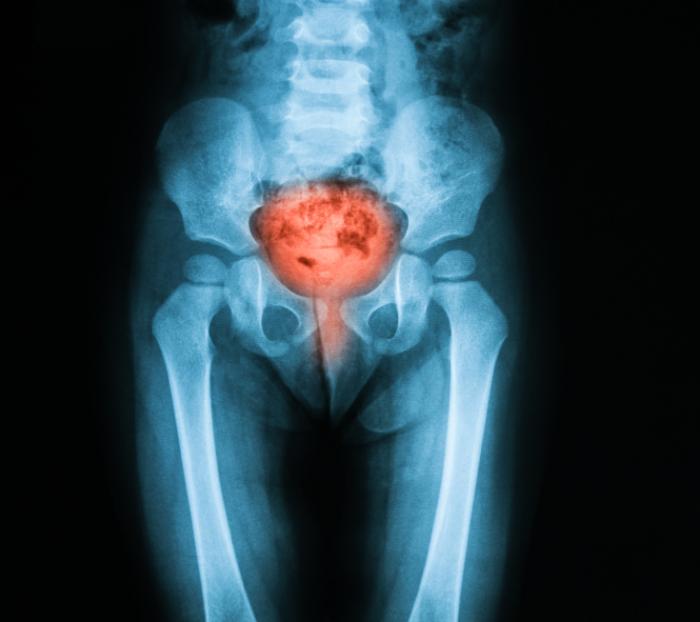What is Persistent Pelvic Pain?
Persistent Pelvic Pain (PPP) represents a complex condition characterised by continuous or intermittent pain in the pelvic region lasting six months or longer. This condition, encompassing aspects of both Chronic Pelvic Pain (CPP) and Bladder Pain Syndrome (BPS), notably affects the physical, emotional, and social well-being of individuals, impacting both men and women.
What are the Symptoms?
The symptoms of Persistent Pelvic Pain may vary but often include:
- Persistent Pain: Continuous or intermittent discomfort in the lower abdomen and pelvic area, which may extend to the lower back.
- Severity and Nature of Pain: Pain intensity can range from mild to severe, described as dull, sharp, cramping, or burning.
- Urinary and Bowel Issues: Includes pain during urination or bowel movements, urgency, incontinence, and, specific to BPS, a frequent and urgent need to urinate.
- Pain During Intercourse: Known as dyspareunia, causing discomfort during or after sexual activity.
- Menstrual Pain: Severe menstrual cramps or pain, reflecting the overarching impact on reproductive health.
- Emotional Symptoms: Ongoing discomfort may lead to depression, anxiety, and stress.
How Can Physiotherapy Help?
Physiotherapy offers a holistic and non-invasive approach to managing Persistent Pelvic Pain, with strategies including:
- Pelvic Floor Rehabilitation: Aims to strengthen or relax pelvic floor muscles to alleviate pain and dysfunction.
- Manual Therapy: Techniques designed to release muscle tension and improve mobility in the pelvic region.
- Pain Management Techniques: Education on pain science and strategies to manage flare-ups effectively.
- Exercise Programs: Customised exercises to enhance strength, flexibility, and overall physical health.
- Biofeedback: Utilising technology to enhance awareness and control over pelvic floor muscles.
- Bladder Training Techniques: (Specific to BPS) Strategies to gradually increase the time between voids and improve bladder control.
- Education: Providing guidance on posture, body mechanics, lifestyle changes, bladder health, and strategies to support pain management.
By addressing both physical and functional aspects of the condition, physiotherapy plays a crucial role in alleviating Persistent Pelvic Pain. Consulting with healthcare professionals, including physiotherapists specialised in pelvic health, is essential for a comprehensive evaluation and the development of a personalised treatment plan. This multi-faceted approach ensures targeted support aimed at reducing symptoms, improving quality of life, and enhancing overall well-being.
